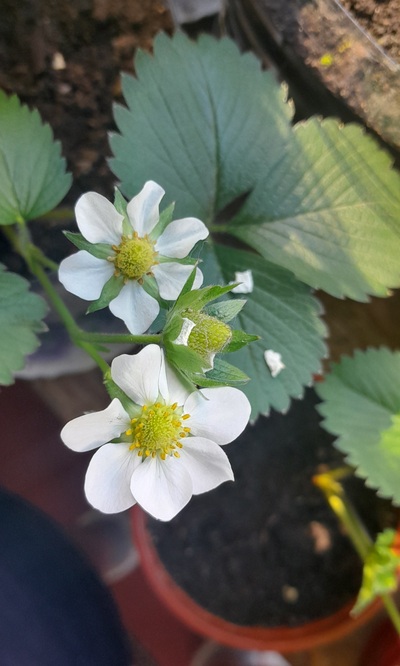
Well, that was bound to happen! We have done the past simple and now we start every Monday’s lesson with talking about our weekends and it was just a matter of time for the future to enter our lives.
Presentation
For the context of the presentation I chose our classroom and ourselves. We already know Present Continuous to describe current events.
We started with talking about what everyone is doing and since my year 1 are creative it is never just a limited set of boring sentences, for examples, ‘I am sitting’ or ‘I am looking at the board’. There is at least one person who is doing something out of the ordinary and memorable. Sigh.
While the kids were talking, I was taking notes on the board, using their names and the 3rd singular. After the exercise was completed, we read all the sentences together.
Then I wrote the word next and a sentence about myself, for example: ‘Miss Anka is talking to her students now. Next, she will have lunch.’ The kids know the school timetable and it is obvious what will happen next, at least some things and that is what makes the context obvious and clear to everyone.
Practice
- What will they do next? We were in the middle of the insects unit and that is why I decided to choose this particular context for our first focused task in the lesson. It followed the pattern of the previous activity in the presentation stage, only this time with bugs.
- What will happen next? A very simple, visuals-based activity, in which the students make simple sentences trying to predict what will happen next. The only trick and the challenge is to look for appropriate, funny or intriguing pictures.
- Dice games. Based on the success of these activities in the past tense lessons, I decided to repeat them here, with the future tense context. We did the dice game #1 with kids rolling the dice to produce their own sentences and to ask their partner (‘I will eat pasta. And you?’) and the other one, the dice #2 to ask the questions (“Will you go to school tomorrow?’). Depending on the day of the week, we adapted the context, choosing either ‘later today’, ‘tomorrow’ or ‘at the weekend’.
- What will you do at the weekend? This is another activity that was introduced to mirror the activities we do for the past tense. This one we usually do on the last day of the week, which for me is Thursday, and we play a ball game to talk about the near future. I write the starter sentence, for example ‘I will go to…’ and throw the ball to kids encouraging them to produce a sentence. We play a few rounds, depending on the time and the focus. The ball is always in the classroom so it is very easy to add this activity to all of our activities of the day, regardless of the subject.
- ‘What’s the missing word?’ is another one of our favourite games that we have used before, reading and choosing the missing word. This particular activity also includes the ‘What about you?’ bit which also encourages the children to react to what one of the students is saying.
- Prediction. It is not one specific activity but something that can be used with every story we do or even in an experiment done in class and we have already had a chance to put it to practice a few times already. I still have to write the target structure on the board, to encourage production but will is slowly becoming a part of our everyday conversations.
- I haven’t done it yet but this very topic is begging for another Dr Seuss, ‘Oh, the places you’ll go!’…
Happy teaching!
It is very simple.
I would like to know a tiny little bit more about my readers. There are so many of you, popping in here, again and again, and the numbers of visitors and visits are going up and make my heart sweel with joy. But I realised I don’t know anything about my readers and I would love to know, a tiny little bit more.
Hence the survey.